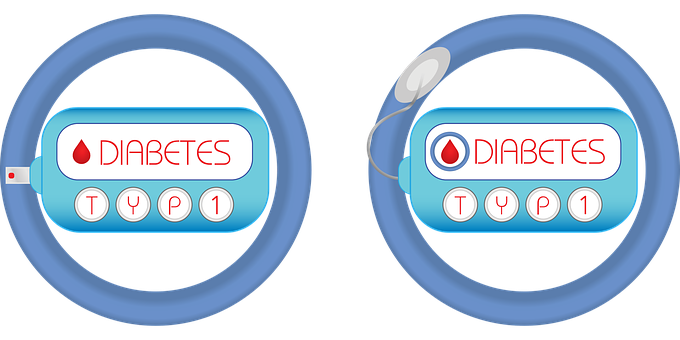Managing Diabetes: How Your Diet Can Help Control Blood Sugar Levels
Diabetes is a chronic condition that affects millions of people worldwide. If left unmanaged, it can cause a range of health complications, such as heart disease, kidney disease, nerve damage, and vision problems. A diabetic diet is a crucial component of diabetes management. It involves consuming foods that help regulate blood sugar levels, reduce the risk of complications, and promote overall health and well-being. In this blog, we will discuss everything you need to know about a diabetic diet, including what it is, why it's important, and how to follow it.
What is a Diabetic Diet?
A diabetic diet is a meal plan that helps manage blood sugar levels and prevent complications associated with diabetes. The diet primarily focuses on controlling the intake of carbohydrates, which have the greatest impact on blood sugar levels. It also involves incorporating healthy fats, lean proteins, and nutrient-rich foods to maintain overall health.
Why is a Diabetic Diet Important?
A diabetic diet is essential for people with diabetes because it helps maintain healthy blood sugar levels, reduce the risk of complications, and promote overall health. When you have diabetes, your body either doesn't produce enough insulin or doesn't effectively use the insulin it produces. Insulin is a hormone that helps regulate blood sugar levels. Therefore, consuming foods that raise blood sugar levels too quickly can lead to dangerous spikes and crashes. A diabetic diet can help keep blood sugar levels stable, prevent complications, and reduce the need for medication.
What to Eat on a Diabetic Diet
A diabetic diet should include a variety of nutrient-rich foods, including:
1. Non-Starchy Vegetables: These include leafy greens, broccoli, cauliflower, cucumber, and carrots.
2. Fruits: Choose fruits with a low glycemic index, such as berries, apples, and pears.
3. Whole Grains: These include whole wheat bread, brown rice, quinoa, and oatmeal.
4. Lean Proteins: These include chicken, fish, turkey, tofu, and legumes.
5. Healthy Fats: These include olive oil, avocado, nuts, and seeds.
6. Low-Fat Dairy: These include milk, yogurt, and cheese.
How to Follow a Diabetic Diet
To follow a diabetic diet, it's essential to understand how different foods affect blood sugar levels. A registered dietitian can help you develop a personalized meal plan that meets your nutritional needs and fits your lifestyle. Here are some general tips for following a diabetic diet:
1. Limit Carbohydrates: Aim for a consistent intake of carbohydrates throughout the day, and avoid consuming large amounts of carbs at one time.
2. Choose Healthy Fats: Incorporate healthy fats into your diet, such as olive oil, nuts, and seeds, to help keep you feeling full and satisfied.
3. Focus on Fiber: Choose foods that are high in fiber, such as whole grains, fruits, and vegetables, to help regulate blood sugar levels.
Monitor Portion Sizes: Use measuring cups and spoons to help ensure proper portion sizes.
4. Stay Hydrated: Drink plenty of water and other fluids throughout the day to help prevent dehydration, which can cause blood sugar levels to rise.
Conclusion
A diabetic diet is a crucial component of diabetes management. It involves consuming foods that help regulate blood sugar levels, reduce the risk of complications, and promote overall health and well-being. To follow a diabetic diet, it's essential to understand how different foods affect blood sugar levels, work with a registered dietitian to develop a personalized meal plan, and make lifestyle changes that support overall health and well-being. By following a diabetic diet, you can help manage your diabetes and improve your quality of life.



Comments
Post a Comment